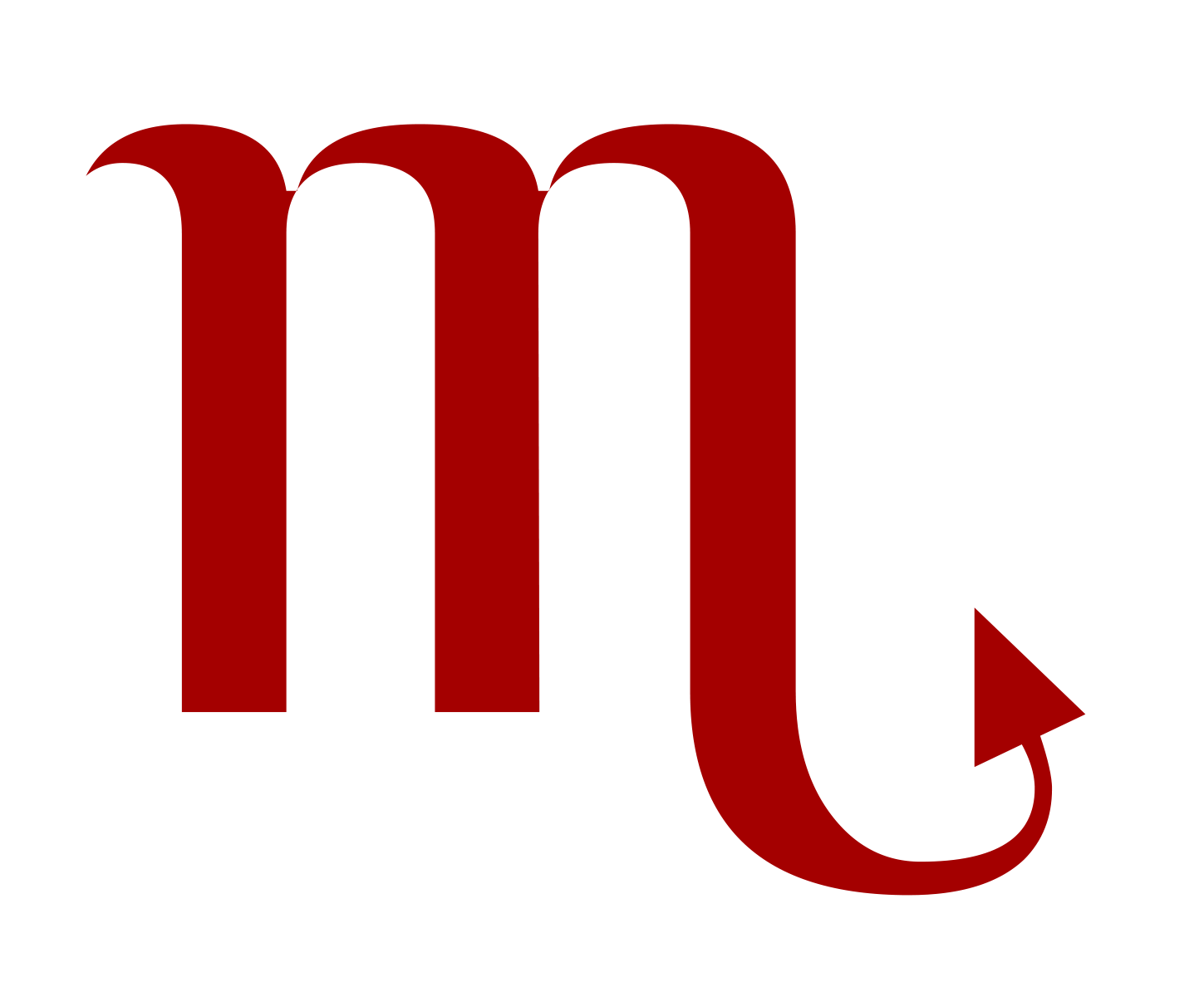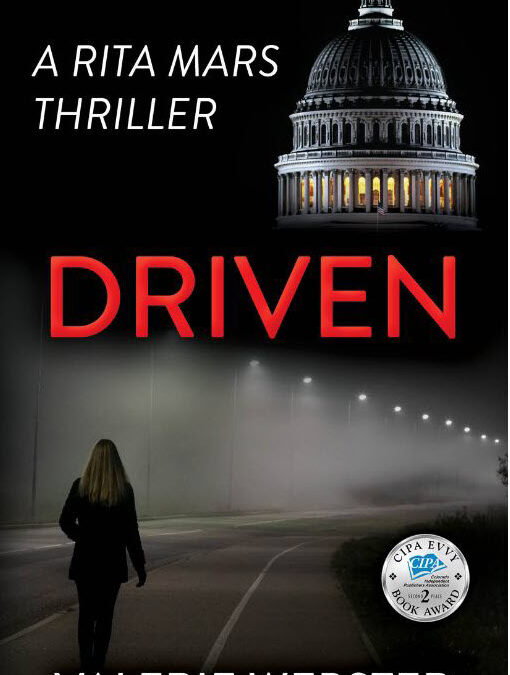National Novel Writing Month began in 1999 as a challenge: to write 50,000 words of a novel in thirty days. Chris Baty started the project in with 21 participants in the San Francisco Bay area. Each year since on November 1, thousands of people around the world begin to write, determined to end the month with 50,000 words of a new novel. By just the following year, participants or “Wrimos” swelled to over 5,000. Participation skyrocketed.
NaNoWriMo became a nonprofit in 2005; their programs support writing fluency and education. Their website hosts more than a million writers, serving as a social network with author profiles, personal project libraries, and writing buddies. NaNoWriMo tracks words for writers like Fitbit tracks steps. With the help of over 900 volunteers in thousands of partnering libraries and community centers NaNo hosts real-world writing events in cities worldwide.
Hundreds of NaNoWriMo novels have been traditionally published. They include Sara Gruen’s Water for Elephants, Erin Morgenstern’s The Night Circus, Hugh Howey’s Wool, Rainbow Rowell’s Fangirl, Jason Hough’s The Darwin Elevator, and Marissa Meyer’s Cinder.
Each year, authors offer mentorship to participants. Past author mentors have included Gene Luen Yang, Roxane Gay, Kacen Callender, John Green, Andy Weir, N. K. Jemisin, and Veronica Roth.
Since NaNoWriMo is used to get people writing, the rules are kept broad and straightforward:
- Writing starts at 12:00: a.m. on November 1 and ends 11:59:59 p.m. on November 30, local time.
- No one is allowed to start early and the challenge finishes exactly 30 days from that start point.
- Novels must reach a minimum of 50,000 words before the end of November in order to win. These words can either be a complete novel of 50,000 words or the first 50,000 words of a novel to be completed later.
- Planning and extensive notes are permitted, but no material written before the November 1 start date can go into the body of the novel.
- Participants’ novels can be on any theme, genre of fiction, and language.
To win NaNoWriMo, participants must write an average of approximately 1,667 words per day (69 per hour, 1.2 per minute) in November to reach the goal of 50,000 words written toward a novel. Organizers of the event say that the aim is to get people to start writing, using the deadline as an incentive to get the story going and to put words to paper. There is no fee to participate in NaNoWriMo; registration is only required for novel verification.
No official prizes are awarded for length, quality, or speed, though self-awarded badges are available on the site. Anyone who reaches the 50,000-word mark is declared a winner. Beginning November 20, participants can submit their novel to be automatically verified for length and receive a printable certificate, an icon they can display on the web, and inclusion on the list of winners.

